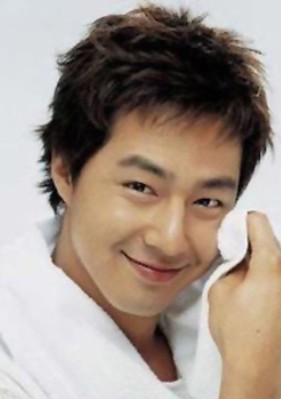
"Consumers tend to take a vested interest in their skincare regime in their 30s and 40s and at this life stage have more disposable income to invest in beauty extras," Patrick Dodd, president of AC Nielsen Europe said。
AC尼爾森集團(tuán)歐洲區(qū)總監(jiān)帕特里克·多德說:“30歲至40歲之間的消費(fèi)者對(duì)護(hù)膚很感興趣,在這個(gè)年齡段,他們有更多的可支配收入花在高級(jí)美容產(chǎn)品上。”
L'Oreal, one of the world's largest cosmetics group, said its customers spent 3.85 million euros ($5.24 million) on skincare products in 2006, up nearly 12 percent on the previous year。
據(jù)全球最大的化妝品集團(tuán)之一歐萊雅公司介紹,他們的顧客2006年在護(hù)膚品上共花費(fèi)了385萬歐元,比上一年增長(zhǎng)了近12%。
"The beauty industry shows no sign of slowing down as beauty and personal care products have become 'must have' items in every household," Dodd said。
多德說:“美容業(yè)的增長(zhǎng)勢(shì)頭絲毫沒有減緩,因?yàn)槊廊蓊惡蛡€(gè)人護(hù)理類產(chǎn)品已成為每家每戶的‘必需品’。”
The survey found that 78 percent of people feel under increasing pressure to look good, and the desire to be beautiful is not just restricted to women。
調(diào)查發(fā)現(xiàn),78%的受訪者感到要變美的壓力越來越大,而且這種想變得更美的愿望不僅限于女性。
Nearly 80 percent of people welcome the arrival of the "metrosexual" male, a term used to describe men who use a myriad of beauty products to take care of their appearance, with American men the most enthusiastic about the trend。
近80%的受訪者歡迎“都市中性男”浪潮的到來,“都市中性男”指的是大量使用美容品護(hù)理皮膚的男性,美國(guó)男性對(duì)這一潮流的到來最為興奮。


















